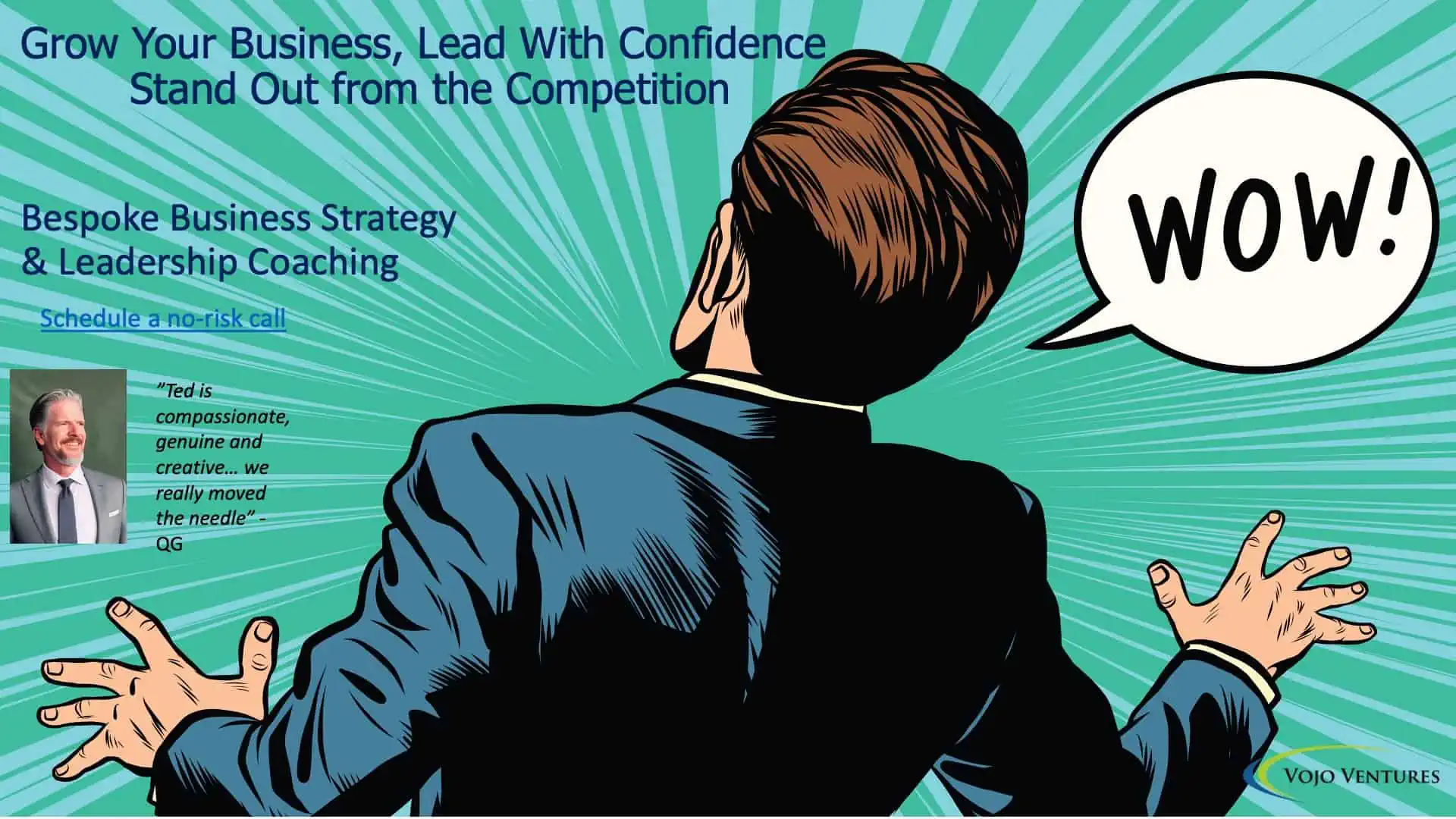
Inflection Point Theory
What are inflection points? And what is important about them?
in·flec·tion point
noun
a point of a curve at which a change in the direction of curvature occurs.
a time of significant change in a situation; a turning point.
Ok, so in math, it is a change of the curve, a change in concavity. ‘Concavity’ is a word I don’t use very often, yet it does provide a visual of how inflection points have shown up in my life and business. Our businesses, our personal and professional lives have arcs. An inflection is a point at which the curve changes; where something is taken away, a moment is seized, or you missed the bus because you couldn’t decide on the macchiato or the latte, as usual.
Andy Grove
Who am I to say that Andy Grove is wrong, and I’m not. But I do think that maybe he has set the bar too high. From my experience as a consultant, or running an agency, or as a coach, and in my own life, it seems we are faced with inflection points more frequently than we might be aware. Inability to see and/or respond to these inflection points doesn’t necessarily lead to failure. Yet, it does lead us to missed opportunities, wrong choices, less happy workplaces, less engaged people, and less impactful relationships.
As I have been doing a series of interviews around inflection point topic, it seems that ‘change’ falls into three categories:
Disruptive – you have no choice; it is pushed upon you or your organization. For example, if you get laid off, get a cancer diagnosis, your service becomes illegal, or your partner gets a job offer out of state.
Purposeful – through your openness and desire, you see opportunities to improve, see opportunities for growth, work on problems within a business, and improve your relationships. It might show up as a desire to learn a new skill, which isn’t easy, start a partnership, or move to a new town or country.
Delayed & deferred – where action is called for, but no action is taken due to fear or uncertainty. The curve from here can be a long slow downward arc, or it may even be a short dramatic fall.
As a coach, I see inflection points show up in all kinds of ways. The disruptive inflection points are painful and challenging. Yet, because we have no choice but to face these changes, we adapt and often find a new purpose. Mary Clayton and her car accident come to mind, or March for Our Lives in response to horrific gun violence.
The purposeful inflection points are often changes that we make without being aware of all the implications. You are so sure about a relationship that you will do or give up whatever is needed to allow the relationship to move forward. You feel called to work with humans on a deeper level that you are happy to leave your finance job and the security that it was supposed to bring.
It is this last category of inflection points, delayed & deferred that I find fascinating and challenging. I identify with this in many ways, and I’m sure you do as well. Where have you known that a change was needed, yet not making the change was easier? A change required you to take a step back and not be the expert or admit that something was less than satisfying. Or there is a void or a stuckness in life that you don’t know how to change. I spend a lot of time with my clients, reframing deferred inflection points to activate change.
“We have a natural reaction to fear and resist change. Maybe the use of the term inflection point will allow for more curiosity around change.”
PM
Couldn’t that be interesting? If we are curious, then we have more courage to act. If we are curious, we can view change from different perspectives. If we are curious, we might operate from openness and opportunity and less from resistance and fear.
I think that is an excellent jumping-off point. Let us be curious about inflection points and how we can use curiosity to take action to bend the arc of the curve upward.



